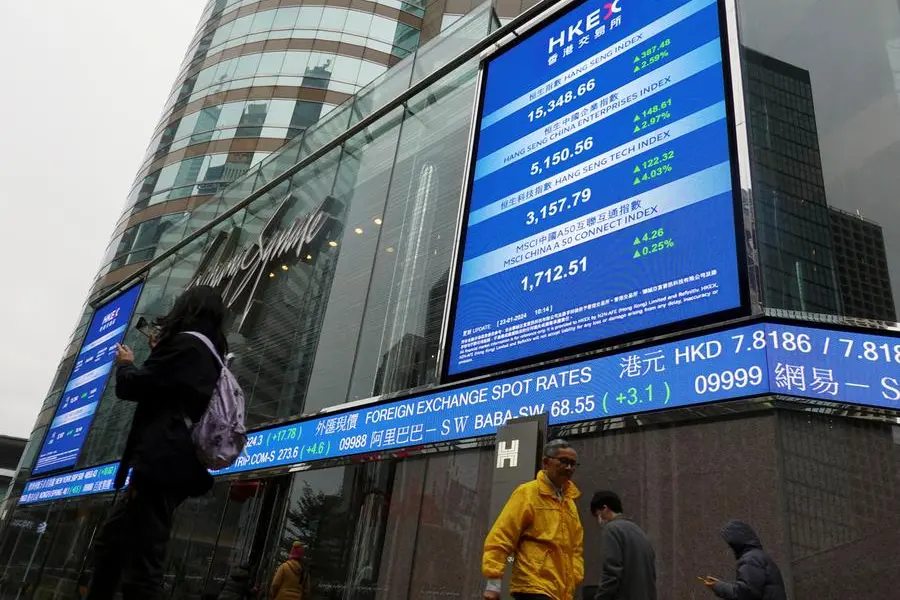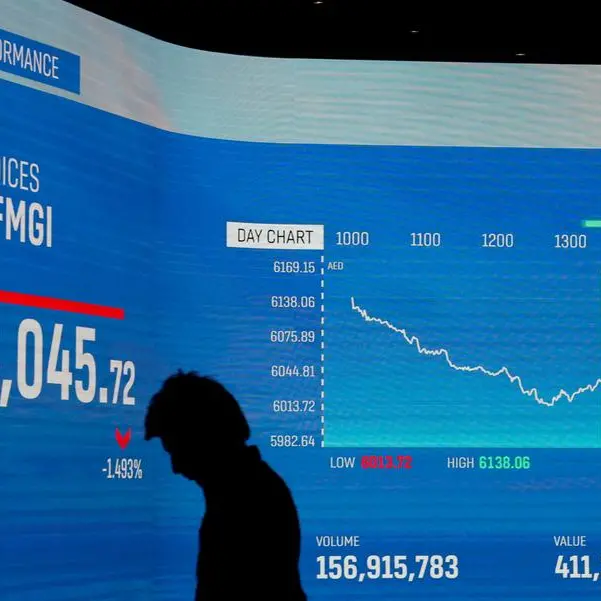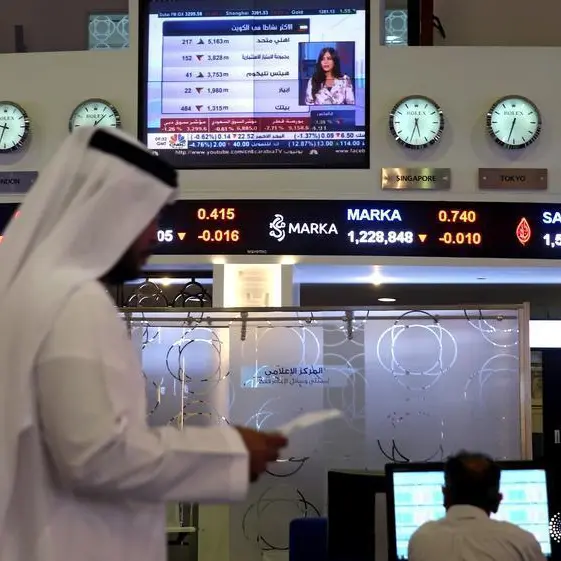PHOTO
SHANGHAI - China and Hong Kong stocks dipped on Friday, but were on track for their best week in a month as investors await details of Beijing's fiscal stimulus which some expect will be more forceful in the face of tariff threats from U.S. President-elect Donald Trump.
Both markets opened higher following Wall Street bullishness overnight as the Federal Reserve cut interest rates by 25 basis points as expected, adding fuel to a risk rally sparked by Trump's election victory.
But by the lunch break, China's blue-chip CSI300 Index fell 0.8%, while the Shanghai Composite Index was down 0.5%. For the week though, both gauges were still up more than 5%.
In Hong Kong, the benchmark Hang Seng Index lost 0.9%, but was headed for its first weekly gain since October.
Attention is focused on China's government fiscal spending plans that could be announced later in the day by China's top legislative body, which wraps up a week-long meeting on Friday. Officials will hold a press conference at 4pm (0800 GMT).
The National People's Congress Standing Committee may approve a fiscal package including the issuance of 10 trillion yuan ($1.4 trillion) in extra debt in the next few years to revive the economy, Reuters has reported, though some market watchers believe most funds will go toward reduced local government debt burdens and won't offer much of a boost to near-term economic growth.
Nanhua Futures cautioned in a note to clients that if the policy announcements undershoot expectations, the stock market faces risks of a correction.
"There are a large number of permutations of how China's fiscal package will look like," such as how the bond proceeds will be allocated, and whether the full figure of the multi-year package will be announced on Friday, said Alvin Tan, strategist at RBC Capital Markets.
The Trump trade is still alive in China markets on Friday.
Shares of China's strategically key sectors, including information security, defence, chip-making and rare earth jumped on bets of stronger government support in the face of heightened Sino-U.S. tensions expected under Trump's presidency.
Shares of Chinese companies in Tesla's supply chain, including Ningbo Tuopu Group and Huagong Tech Co firmed, while Hong Kong-listed crypto ETFs continued to rise as investors bet they will benefit from Trump policies.
Despite short-term market volatility, Trump's presidency is positive to China in the long-term, because his protectionist policies would alienate allies, "helping China make breakthroughs against Western containment," said Wan Chengshui, head of investment at Guangdong-based asset manager Gloden Glede.
"In addition, Trump is a businessman by nature, so striking a deal with him is possible."
(Reporting by Shanghai newsroom; Editing by Jacqueline Wong and Kim Coghill)





















